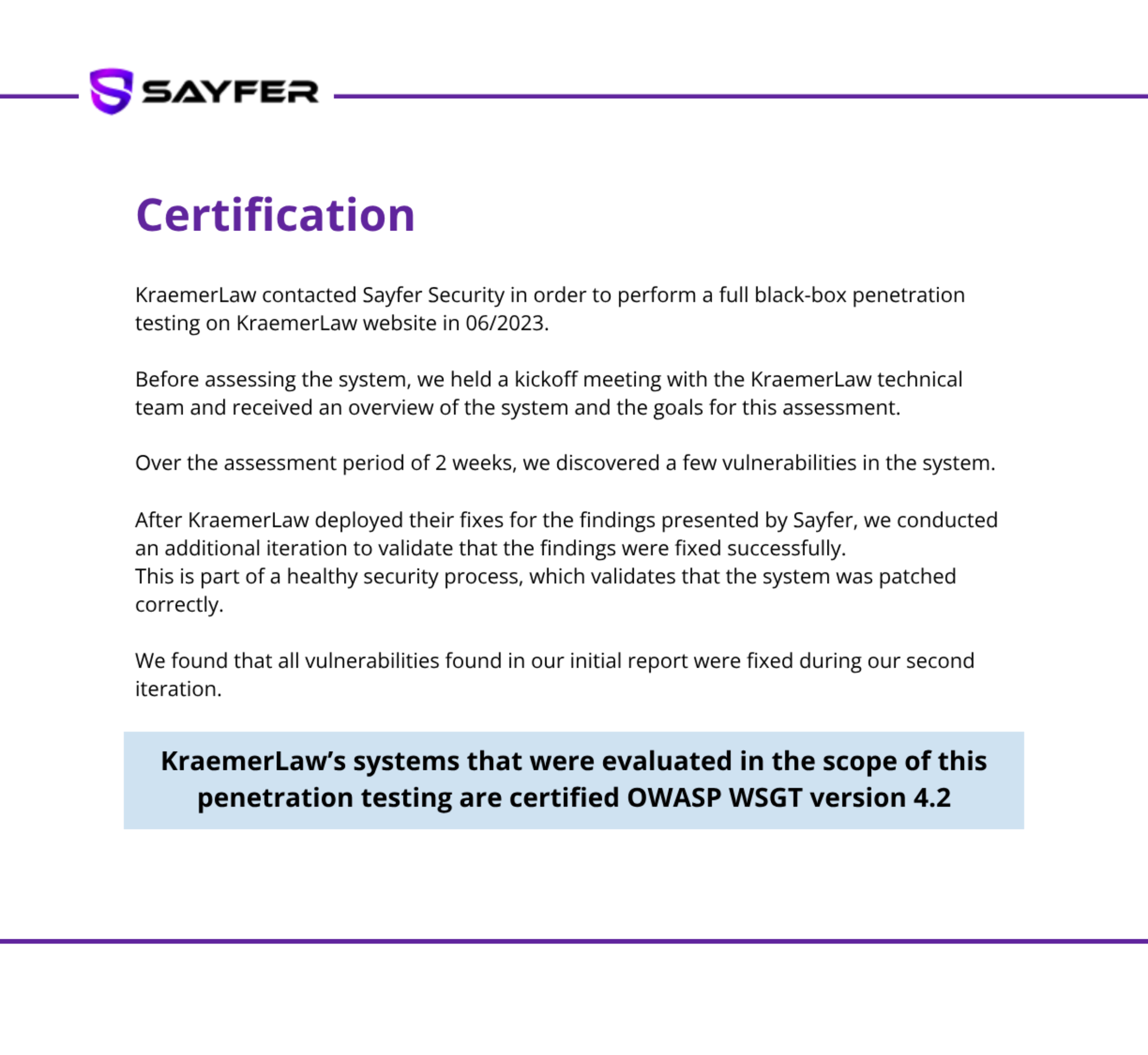In this article, we’ll explain what is a Panama Private Interest Foundation (PIF) and how it serves as a reliable legal option for protecting and managing assets. We’ll look into the private foundation structure, the legal steps to set it up, compare it with other Panama Companies and foundations in other places, and, of course, highlight its tax benefits. By the end, you’ll understand why a Panamanian PIF could be more beneficial than other offshore private interest foundations.
What is PIF and its Functions
A Panama Private Interest Foundation (PIF) is a powerful tool for those who want to securely manage their assets. It offers benefits not available to all Panamanian companies.
At its core, an offshore private interest foundation is set up to manage and protect wealth according to the goals stated in its founding document, known as the Foundation Charter. Its main roles include asset protection and management, estate planning, privacy, and succession planning.
Unlike other legal structures, such as the Panamanian trust, a PIF doesn’t have a settlor; instead, a founder creates the PIF and transfers assets to it. Furthermore, Panama Private Interest Foundations Law (No. 25 of June 12, 1995), allows any individual or entity to be a beneficiary of the foundation, regardless of their nationality or registration country.
Main uses of foundations in Panama (PIF)
Foundations in Panama (PIF) are generally known as platforms to support social causes, community projects or charitable donations. However, there are other important uses, such as:
- It permits to establish in advance how the founder’s family estate will be distributed and managed, avoiding long and costly legal proceedings.
- It can be used to regulate the distribution or administration of assets within the marriage, especially in situations of property separation.
- It is used to guarantee the operational and administrative stability of family businesses. Panama Private Interest Foundations are used to group shares and/or participations.
- It can act as a recipient of payments for services, commissions or other income, centralising financial flows. As well as owner of tangible and intangible assets.


Key Characteristics and Features of a PIF
A Panama Private Interest Foundation (PIF) has unique features, including:
- It is governed by its foundation charter and regulations.
- Civil code provisions for legal entities do not apply to it.
- The foundation’s board and supervisory bodies must keep all matters strictly confidential.
A PIF also shares some characteristics with the Panamanian Trust:
- The assets of the founder(s) are transferred to the Panama private interest foundation; this transfer can be reversed.
- It is established to manage, preserve, administer, and invest assets.
- It aims to maintain confidentiality over asset ownership to benefit from the private foundation tax advantages (the principle of territorial taxation also applies).
PIF Structure
The uses and structure of the Panama foundation is molded to the needs of the founder and beneficiaries. This means that a PIF offers the additional benefit of appointing a protector to oversee the foundation’s activities and ensure the founder’s wishes are met as expressed in the foundation charter.

Here is the private foundation corporate structure:
- The founder is responsible for creating the PIF and transferring assets to the foundation. The founder can be of any nationality, either an individual or a legal entity, unlike a Panama Company.
- The Foundation Council, which manages the Panama private interest foundation on behalf of the state and third parties, can consist of three individuals of any nationality, whose names and addresses must be listed in the Foundation Charter. It’s important to note that this can also be a single national or foreign legal entity.
- The beneficiaries are the people or institutions that benefit from the PIF. The founder can also be a beneficiary. It’s not necessary to name the beneficiaries in the Foundation Charter; they should be mentioned in the Regulations, which is a private document and can be changed.
- The protector is responsible for ensuring the Panama private interest foundation’s purposes are met, and can be an individual or a legal entity, chosen by the founder.
- The last will refers to the instructions or stipulations set by the founder on how the assets of the Panama foundation should be distributed in the event of their death or any other specified circumstance. It is an important document that guides the management and distribution of the foundation’s assets according to the founder’s wishes.
Legal Requirements to Open a PIF in Panama
The requirements to set up a private interest foundation are relatively straightforward and flexible, making this process appealing to many. Here are the key points to consider:
- Foundation Charter: This document outlines the objectives and details of the PIF, including the foundation’s name, purpose, the names of the founders, and any other relevant information.
- Legal Formation: The PIF must be legally established before a public notary in Panama. This process involves the founders signing the Foundation Charter and submitting the required documentation.
- Minimum Financial Requirement: In order to form a Private Interest Foundation in Panama, an initial capital of not less than 10,000 USD is required, which can be contributed in any currency.
- Public Registry: After the PIF is established, it must be registered in the Public Registry to be officially recognized as a legal entity. This ensures its legal validity and protection.
- Designation of Beneficiaries: While it is not mandatory to include the beneficiaries in the Foundation Charter, it is important to designate them in a private document, such as the PIF Regulations, to clearly establish who they are and how they will benefit from the foundation.
- Regulatory Compliance: It is crucial to comply with all the current laws and regulations in Panama related to the creation and operation of foundations. This includes paying any applicable fees or taxes.
- Foundation Council: You must appoint a Foundation Council, consisting of at least three individuals or a legal entity, to manage the Panama private interest foundation before the state and third parties.
Difference between a PIF and a Liechtenstein Stiftung
The main difference between a Panama Private Interest Foundation (PIF) and a Liechtenstein Stiftung lies in their legal location and specific regulations. Here are some key distinctions:
- Legal Location: A PIF is established and operates under Panamanian law, while a Stiftung operates under the laws of Liechtenstein. This leads to differences in formation requirements, structure, and applicable regulations.
- Jurisdiction and Regulation: PIFs are subject to Panamanian legislation and are regulated by Panamanian authorities, which may offer certain private foundation tax advantages. On the other hand, Stiftungs are subject to Liechtenstein’s regulation and can provide specific asset protection and tax benefits within that jurisdiction.
- Adaptability and Structure: Although both entities allow for adaptability in asset management and protection, they may vary in terms of structure and formation requirements. Panama private interest foundations might be more accessible to individuals of different nationalities and can offer simpler structural options compared to Stiftungs, which may have specific capital requirements and a more complex structure.
- Confidentiality and Privacy: Both Panama private interest foundations and Stiftungs provide significant confidentiality and privacy concerning asset management and the identities of beneficiaries. However, the specific regulations of each jurisdiction can affect the level of privacy offered.
Private Interest Foundation Benefits

The benefits of a Panama private interest foundation include asset protection, privacy and anonymity, adaptability, estate transfer, confidentiality, and operation without a commercial license.
Unlike other foundation structures such as the Panamanian trust, the uses of a Panama private interest foundation have become a valuable tool for those seeking an effective solution for asset protection, while also benefiting from tax exemptions on income generated outside the country and reduced taxes on inheritance and donations.
Confidentiality
Panamanian law mandates that all members of the Foundation Council, as well as the founder, protector, resident agent, notaries, and public registry officials, must ensure the strictest confidentiality concerning the foundation.
Violations can result in penalties of up to six months in prison and a fine of fifty thousand US dollars (US$50,000.00), in addition to corresponding civil liabilities.
Assets Taxation
According to Panamanian tax law, all transactions involving the transfer of personal property, real estate, securities, deposit certificates, money, or shares conducted for achieving the foundation’s goals or objectives, or due to its dissolution, are tax-exempt within the Republic of Panama. This exemption applies to transfers made to the founder’s immediate family members and spouse.
Affordability
The economic accessibility of a Panama private interest foundation can be appealing due to reasonable establishment costs, tax and financial benefits, and a favorable legal structure.
However, it is important to carefully evaluate all financial and legal aspects before establishing a Panama private interest foundation to ensure it aligns with individual needs and circumstances.
Benefits of a PIF in Panama Compared to Other Jurisdictions
Around the world, there are different locations to establish an offshore Private Interest Foundation, each offering its unique benefits. Here are three jurisdictions to consider when making a decision:
- Foundation in Panama
- Foundation in Belize
- Foundation in Seychelles
We have compiled all the information in a comparative table based on the benefits offered by each offshore Private Interest Foundation.
| Aspect | Foundation in Panama | Foundation in Belize | Foundation in Seychelles |
|---|---|---|---|
| Confidentiality | High confidentiality and privacy ensured by Panamanian law. | Good confidentiality, but foundation details must be registered with the Belizean government. | Moderate confidentiality, requiring information submission to the Seychelles Registry. |
| Adaptability | High adaptability with a wide range of options for foundation structure and operation. | Moderate adaptability with fewer customization options compared to Panama. | Moderate adaptability with fewer customization options compared to Panama. |
| Taxation | Panama does not tax income generated outside the country, offering significant tax benefits. | Belize offers a favorable tax regime, but foundation taxation may depend on the beneficiary’s status. | Seychelles provides a competitive tax regime, but foundations may be subject to certain taxes. |
| Political Stability | Panama has a long history of political and legal stability. | Belize has faced some political challenges in the past but currently enjoys relative stability. | Seychelles is considered politically stable but may be smaller and less known compared to Panama. |
| Legal Stability | Panama boasts a well-established and internationally respected legal system. | Belize’s legal system follows the British legal model but may be less known internationally. | Seychelles has a legal system based on French civil law, which may be less familiar to some investors. |
Why Choose a Private Interest Foundation?
Setting up a Panama private interest foundation is a strategic decision for securely and confidentially protecting and managing assets.
The private foundation corporate structure, including elements like the Foundation Council, Beneficiaries, and Protectors, supported by local regulations, provides an efficient platform for integrated wealth management.
Get Legal Advice from Kraemer & Kraemer
At Kraemer & Kraemer, we strive to give you peace of mind knowing that your assets are protected and secure for the future. Understanding that each situation is unique and deserves a thorough, individualized approach, therefore we offer private interest foundation services in Panama that will allow you to find the right offshore option that follows your specific needs. contact us
Related pages:
